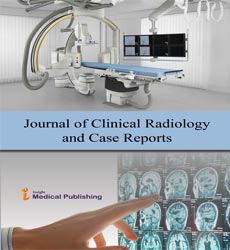Structure-based drug repurposing to inhibit the DNA gyrase of Mycobacterium tuberculosis
Abstract
Drug repurposing is an alternative avenue for identifying new drugs to treat tuberculosis (TB). Although TB can be cured with anti-tubercular drugs, the emergence of multidrug-resistant and extensively drug-resistant strains of Mycobacterium tuberculosis H37Rv (Mtb), as well as the significant death toll globally, necessitate the development of effective drugs to treat TB. In this study, drug repurposing approach was employed to address this drug resistance problem by screening drugbank database to identify novel inhibitors of the Mtb target enzyme, DNA gyrase. The compounds were screened against the ATPase domain of gyrase B subunit (MtbGyrB47), and the docking results showed Echinacoside, Doxorubicin, Epirubicin, and Idarubicin possess high binding affinities against MtbGyrB47. Comprehensive assessment using fluorescence spectroscopy, SPR, and CD titration studies revealed that Echinacoside as a potent binder against MtbGyrB47. Further, ATPase, and DNA supercoiling assays exhibited IC50 values of 2.1-4.7 µM for Echinacoside, Doxorubicin, Epirubicin, and Idarubicin. Among these compounds, the least MIC90 of 6.3 μM and 12 μM were observed for Epirubicin and Echinacoside, respectively. Hence, our findings indicate that Echinacoside and Epirubicin target mycobacterial DNA gyrase, inhibit its catalytic cycle, and retard mycobacterium growth. Further these compounds exhibits potential scaffolds for optimizing novel anti-mycobacterial agents that can act on drug-resistant strains.
Open Access Journals
- Aquaculture & Veterinary Science
- Chemistry & Chemical Sciences
- Clinical Sciences
- Engineering
- General Science
- Genetics & Molecular Biology
- Health Care & Nursing
- Immunology & Microbiology
- Materials Science
- Mathematics & Physics
- Medical Sciences
- Neurology & Psychiatry
- Oncology & Cancer Science
- Pharmaceutical Sciences
